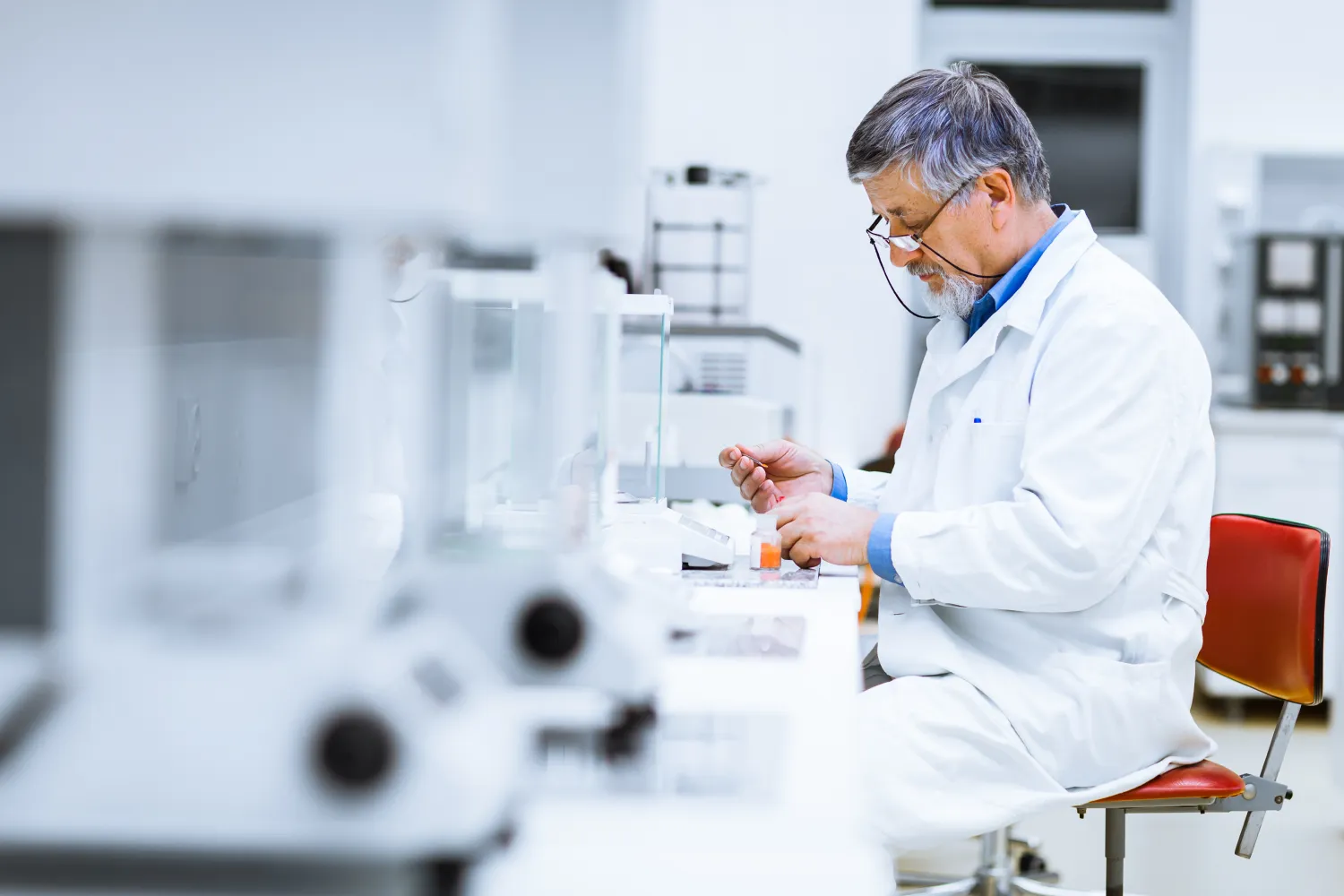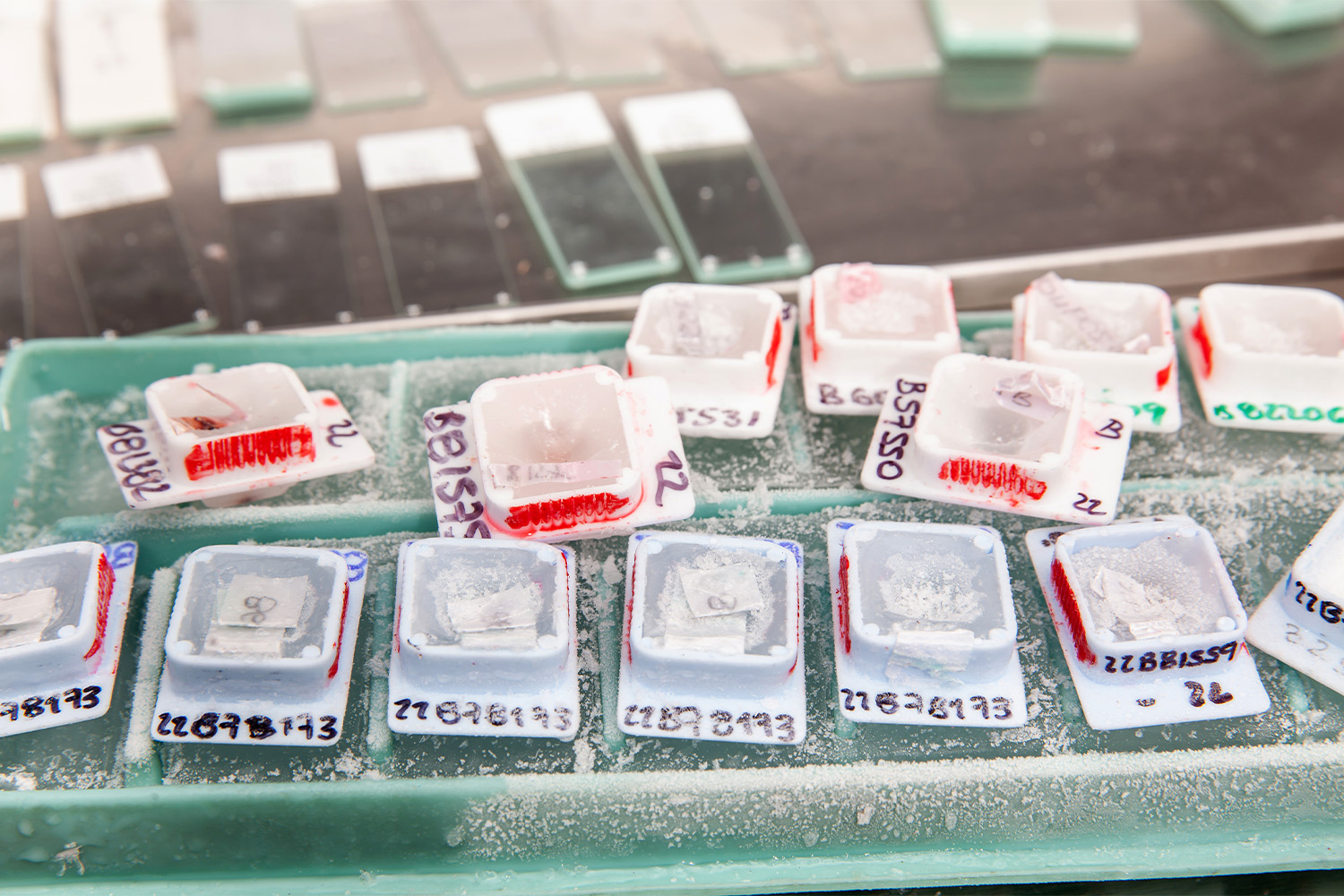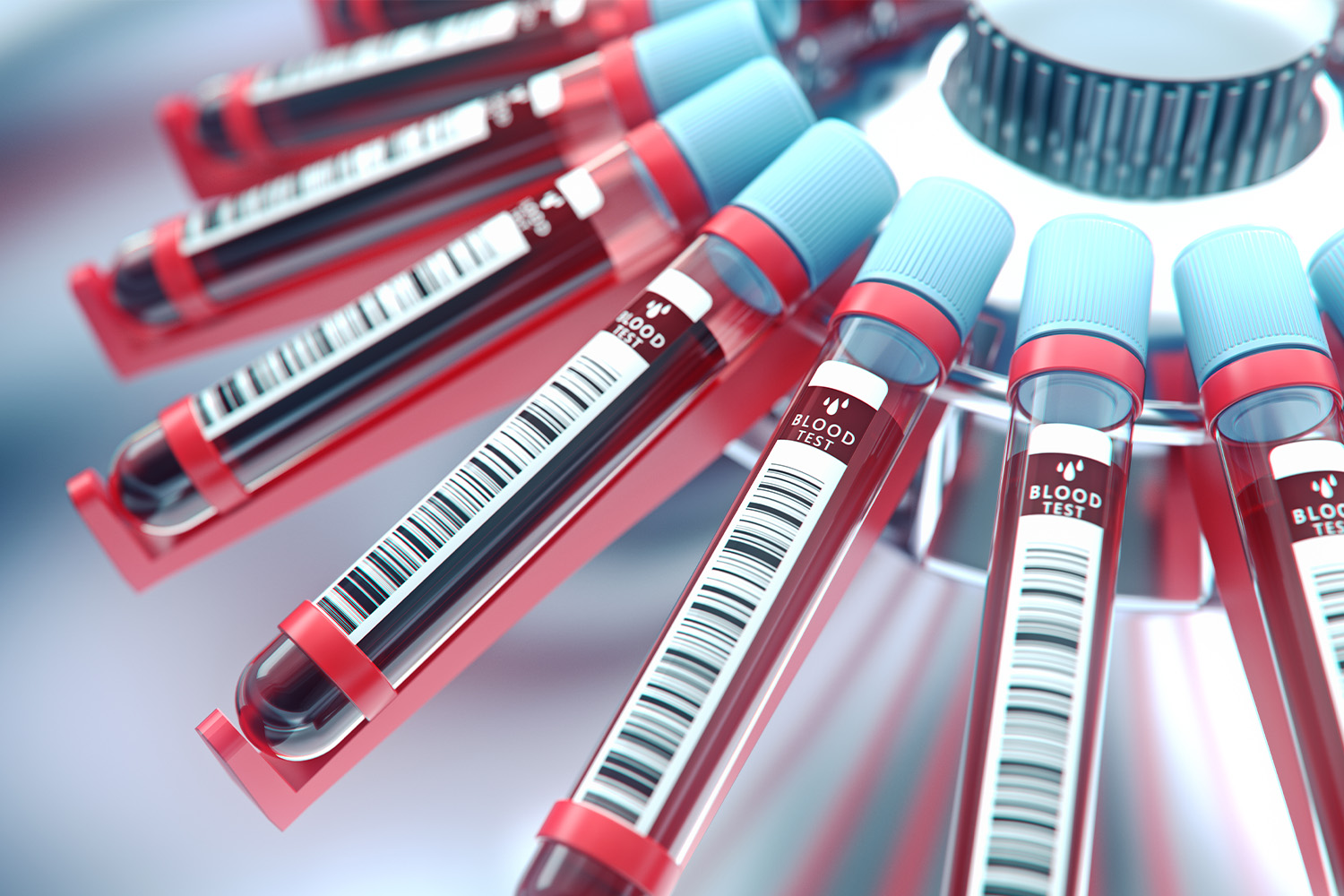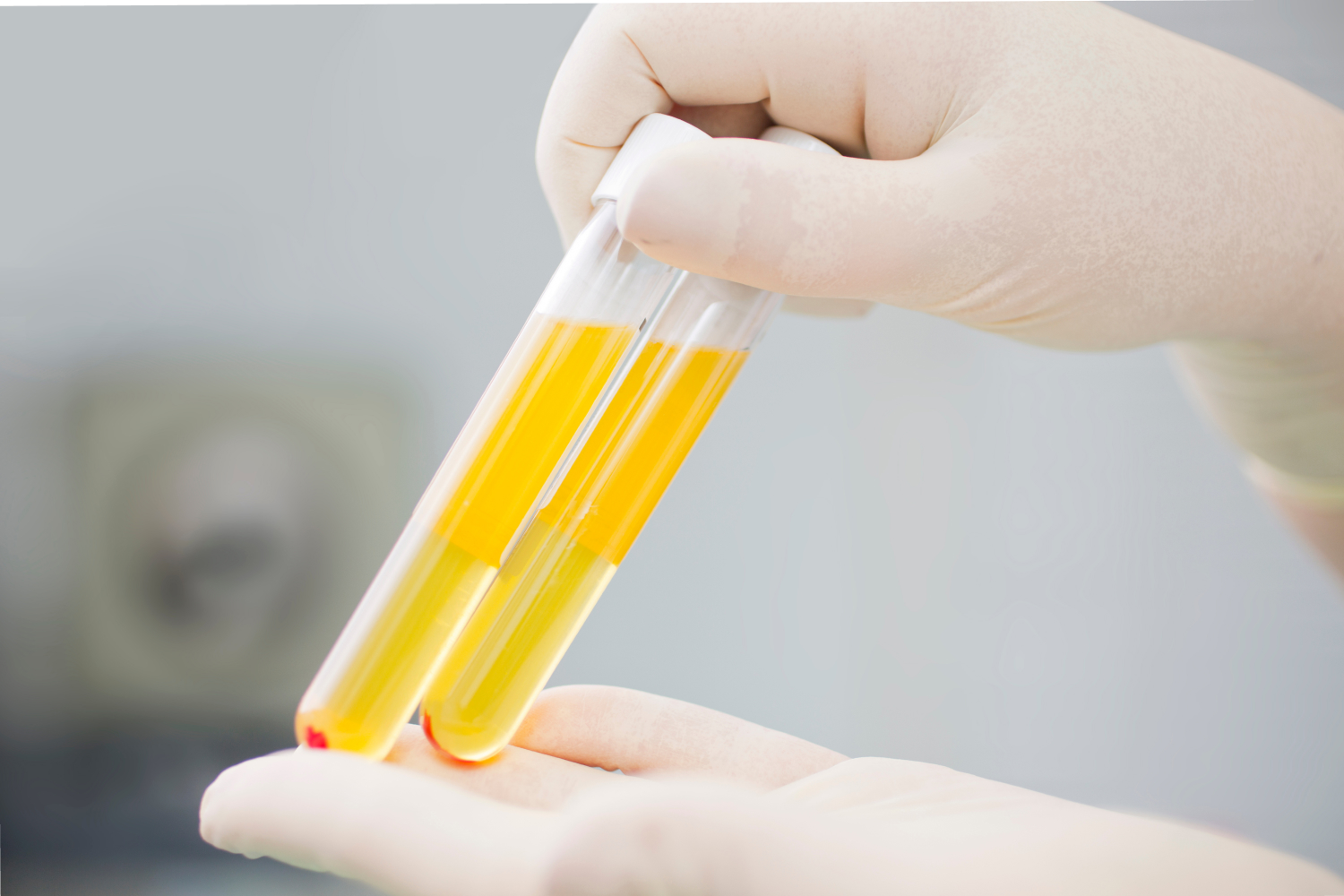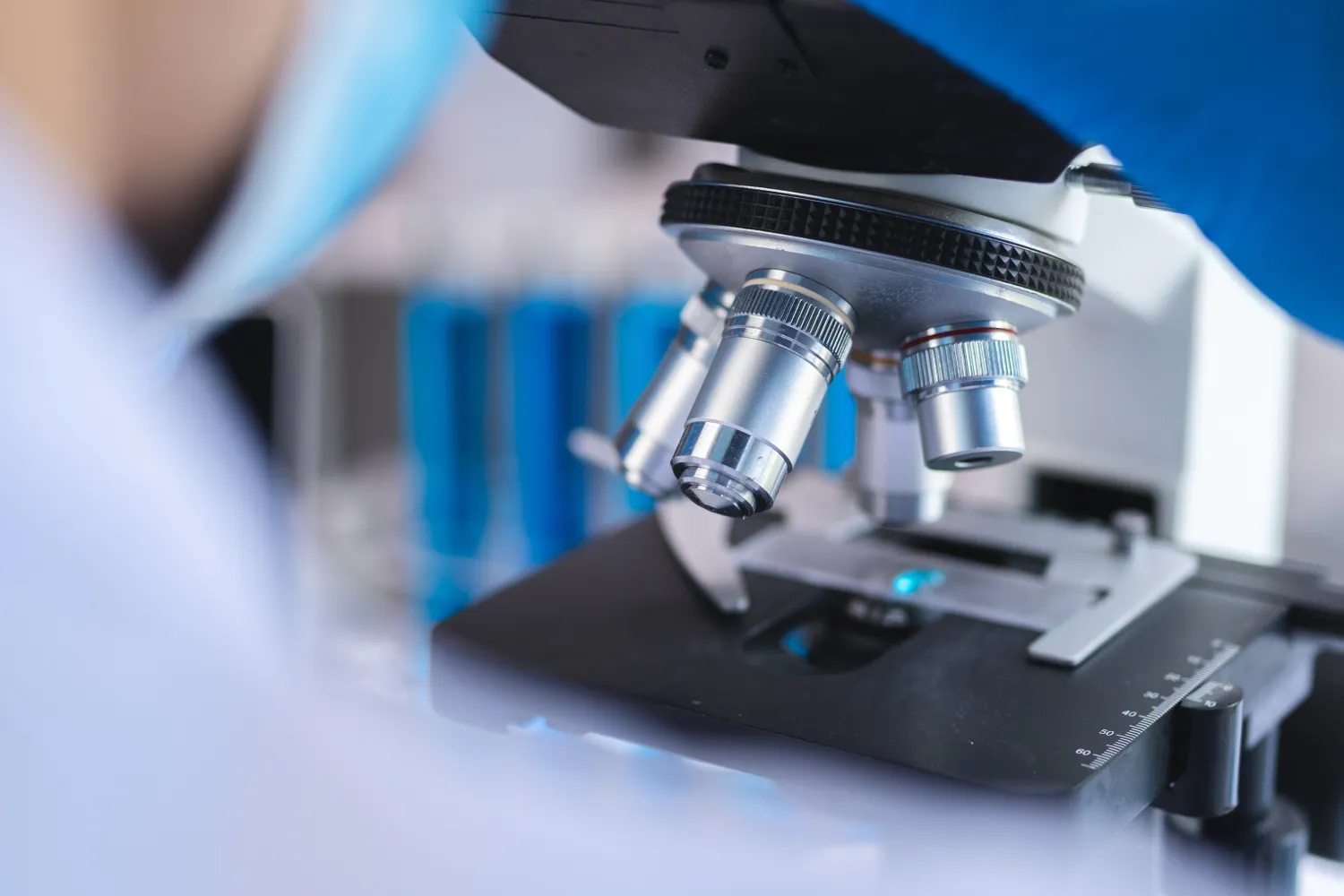Researchers need high-quality human specimens to get the highest level of accuracy and reliability for their studies. Factors such as the proper handling, storage, and processing of samples can greatly affect the quality of specimens, which can alter the validity of study results. Using high-quality human specimens is vital for the success of studies and the reproducibility of results across different laboratories.
Obtaining specimen quality involves establishing standardized protocols for collection, preservation, and handling, as well as adhering to best practices at every step. Through effective processes, researchers can lower the chance of potential negative effects on their studies and maximize the benefits of using high-quality human specimens in their research endeavors.
What Are the Effects of Biospecimen Quality on Research?
High-quality biospecimens are essential for research in translational medicine as they directly impact the accuracy and reproducibility of results. However, various pre-analytical factors, such as collection and processing methods, can alter biospecimen quality and composition, which can affect the experimental outcome and ability to reproduce scientific results.
Poor biospecimen quality may compromise analyses, leading to inaccurate data published in scientific papers. This, in turn, can lead to low reproducibility in studies and adversely affects how results can be applied to clinical practice. Addressing the importance of biospecimen quality and effective communication between analytical scientists and clinical teams is crucial to overcoming these issues.
Poor-quality human specimens can also result in wasted resources and delayed scientific progress. Researchers may spend significant time, effort, and funding on experiments that can promote inconclusive or misleading findings due to poor sample quality. Moreover, this can lead to unnecessary research efforts as investigators may unknowingly try to replicate or build upon flawed results.
The success of clinical trials heavily relies on the quality of the biospecimens used in the research. An optimized trial protocol ensures that the appropriate patient population is studied, minimizing the risk of using unsuitable biospecimens. In addition, finding the right biospecimen provider guarantees access to high-quality tissue samples that meet trial requirements.
What Factors Affect Biospecimen Quality?
Several factors may affect the quality of biospecimens, and it is essential to understand these factors to support the reliability of research outcomes. Some of the important factors that can influence biospecimen quality include collection procedures, controllable and uncontrollable factors during specimen collection, and experimental designs.
Collection Procedures
Different collection methods, processing protocols, and storage procedures can greatly alter the molecular composition of a human specimen. Certain procedures can affect the presence and levels of biomarkers within the sample.
According to research, it is critical to identify ultrasensitive biomarkers that can be used as quality control tools to monitor certain pre-analytical variation factors.
Balancing Patient Health Management and Biospecimen Quality
Obtaining high-quality biospecimens can sometimes conflict with the main objective of patient health management. Researchers often face challenges in getting the right samples due to ethical considerations and potential adverse effects from invasive procedures.
As highlighted in the National Institutes of Health Guidelines for Human Biospecimen, legal and ethical considerations for patients’ well-being should be taken into account while aiming to collect high-quality biospecimens.
What Are Some Experimental Design Considerations?
The quality of biospecimens also depends on a myriad of factors that must be taken into consideration during experimental design. Some of these factors include the importance of collaborating with clinical teams and noting various parameters for laboratory-based researchers.
By addressing these elements, researchers can optimize their experimental design to minimize confounding variables and accurately interpret data, which can lead to more robust and meaningful scientific discoveries.
Collaboration With Clinical Teams
Effective communication between researchers and clinical teams is important when collecting human specimens for research purposes. Researchers can identify factors that may affect biospecimen quality and take them into account when designing and conducting experiments.
Clinical professionals can provide invaluable insights into different factors, such as collection procedures, patient health management, and any limitations or uncontrollable events that may impact biospecimen quality. For instance, pre-analytical factors such as patient demographic information, disease progression, and drug treatments can all affect the presence and levels of specific biomarkers in biospecimens.
Parameters of Collection for Researchers
It is essential for researchers to thoroughly document the parameters of biospecimen collection processes in their experimental design. This includes detailing the factors affecting biospecimen quality, such as the tools and equipment used, reagent storage conditions, and the time elapsed between biospecimen collection and analysis. Proper documentation will help ensure the reproducibility of experiments and support the validity of research findings.
In addition, researchers should recognize the challenges in balancing patient health management and biospecimen quality requirements. For example, differences in collection procedures may arise if the main purpose of biospecimen collection is patient diagnosis versus research. In such cases, researchers should be mindful of potential biases that could arise and design their clinical trials to account for these variations.
Good communication and proper documentation of biospecimen collection processes can improve the quality of samples for medical research. This leads to more reliable experimental findings and advances in medical knowledge and patient care. As a result, it’s important for analytical scientists, clinical staff, and research experts to work together.
The Significance of Analytic and Clinical Validity in Research Results
In the field of medical research, the accuracy and reliability of experimental findings are necessary to improve patient care and advance medical knowledge. Two essential concepts that ensure the validity of research results are analytic validity and clinical validity.
Analytic validity refers to the ability of a test to accurately and reliably measure what it is intended to measure, while clinical validity is the ability of a test to accurately predict or diagnose a disease or condition in a clinical setting.
What Are Quality Management Systems?
Quality management systems (QMS) can help promote the accuracy and reliability of research results. A well-designed QMS not only ensures proper specimen handling but also that the laboratory maintains the highest standards of analytic and clinical validity. Analytic validity refers to the lab’s ability to produce accurate measurements of an analyte, while clinical validity assesses the accuracy of the test in identifying a disorder or condition.
Establishing these forms of validity requires not only appropriate laboratory practices but also accurate documentation and ongoing improvements to ensure quality control and assurance.
There are differences between research laboratories and clinical laboratories in terms of quality assurance processes. Research laboratories often focus on the discovery of novel biomarkers, novel techniques, and other innovations, whereas clinical laboratories prioritize the accurate diagnosis and monitoring of patients’ conditions. As a result, clinical laboratories may be subject to more stringent regulatory requirements and quality assurance processes.
Determining the accuracy and reliability of research results can be difficult, especially with rapid advancements in molecular diagnostics. Figuring out if a biomarker observed during research is important or just an error caused by how the specimen was collected often requires multiple tests and a lot of checking before the results can be reported with confidence. As research laboratories have different goals and rules than clinical laboratories, sometimes it’s not easy to compare results.
What Is the Role of Technology in Biospecimen Quality?
Assurance technology has helped researchers improve the quality of biospecimens in research. Various technological advancements have made it easier for researchers to collect, process, and store human specimens in a way that minimizes pre-analytical variation factors. For example, automated liquid handling systems can reduce errors in sample preparation and help standardize the process.
Additionally, specialized software and laboratory information management systems (LIMS) can improve the management and tracking of biospecimens, reducing the chances of misidentification or mishandling.
Another area where technology is transforming biospecimen quality assurance is the use of digital pathology. Digital pathology allows researchers to digitize human tissue samples and store them in a computer-based format. This approach allows for efficient and effective data analysis, eliminating the need for time-consuming manual microscopy.
Digital pathology also helps remove any mistakes that can occur through manual microscopy, making the data obtained more reliable and accurate. With digital pathology, the analysis becomes more objective and less prone to human error, which can lead to better research findings.
What Is the Importance of Biospecimen Quality?
In translational medicine, the quality of human specimens plays a critical role in the success of clinical research projects. Using high-quality biospecimens can help generate reliable and accurate data, which in turn, helps researchers and clinicians craft and personalize treatment plans. With a strong relationship based on trust, understanding, and collaboration, researchers and clinicians can work together to improve biospecimen collection procedures and achieve the desired research outcomes.
iProcess: Leaders in the Field of Biospecimens
As a leading international supplier of biospecimens, iProcess serves a diverse range of organizations in research, diagnostics, and the pharmaceutical industry. By providing exceptional biospecimen collections, iProcess empowers organizations to conduct innovative, high-quality research. The certified biospecimen samples offered by iProcess also help support streamlined testing procedures.
For further details or to request a price estimate, feel free to contact iProcess, your gateway to better results in medical research.
Sources:
Biospecimen reporting for improved study quality (BRISQ) | PubMed
Human Biospecimen Research: Experimental Protocol and Quality Control Tools | AACR
Before You Analyze a Human Specimen, Think Quality, Variability, and Bias | PubMed
